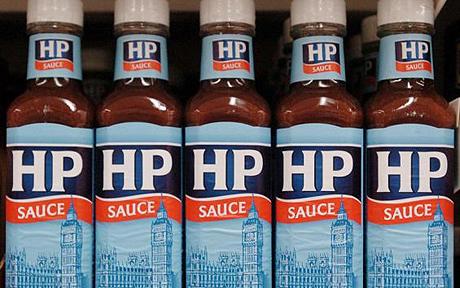 The drive behind AWS’ channel expansion plans have been misinterpreted, according to the cloud giant’s technology evangelist.
The drive behind AWS’ channel expansion plans have been misinterpreted, according to the cloud giant’s technology evangelist.
Ian Massingham said that claims that AWS is using the channel as a vehicle to scale its business are completely misunderstood.
The idea was mooted by Canalys which claimed that AWS and Google were embracing the channel as they seek to exploit the “next phase of cloud adoption”.
The analysts claimed that focusing more on partners will be the only way the cloud giants, some of which do not have a background in enterprise IT, can maintain their frenetic growth rates.
As a result, AWS grew 43 percent in Q1 and Google by 74 percent, Canalys claimed.
Massingham said that while Amazon has an increasing number of partners that are working with AWS, the reasons were up the spout.
“But I think the rationale that this is an AWS-centric activity that we would initiate because we want to sell more stuff is not the reason we are doing it. We are doing it because customers want to move more quickly than they can move alone, and partners can play a really important role in helping customers accelerate their adoption and therefore deliver the benefits that cloud offers,” he said.
AWS now commonly counts as a top vendor for many traditional resellers and services firms, with Computacenter, for instance, having built a 50-strong European AWS practice.
Partners were reacting to customer demand. There aren’t enough AWS experts around today to help customers move as quickly as they can. So partners can play a really important role in helping customers get to that new reality by bringing in the skills they’ve been able to hone through repeated engagements. It’s typical of a mid-sized partner to have 50-plus certified AWS experts on staff, he said.



















